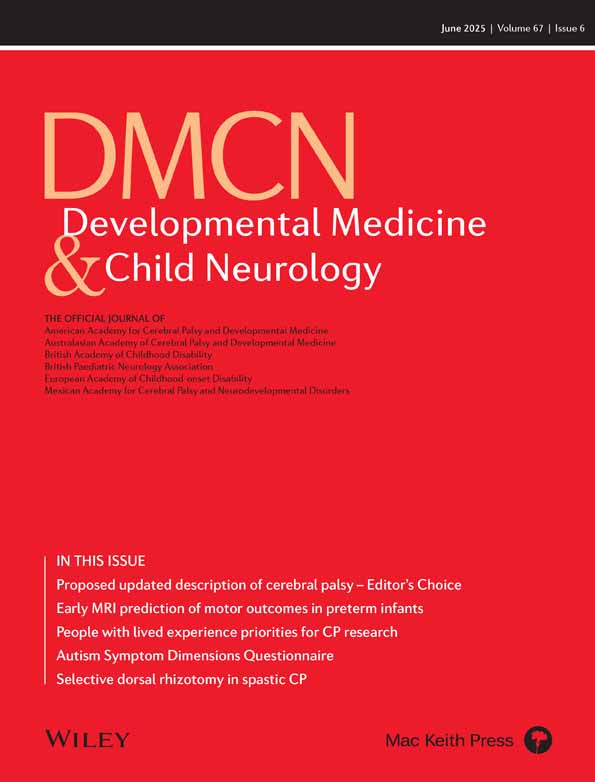Dystrophin isoform deficiency and upper-limb and respiratory function in Duchenne muscular dystrophy
Abstract
People with Duchenne muscular dystrophy (DMD) have a mutation in their DMD gene that results in them not being able to make enough of the dystrophin protein. Dystrophin is made in several parts of the body, including the brain and muscles. There are different isoforms (types) of the dystrophin protein. Dp140 is a dystrophin isoform that is found mainly in the brain. Not all people with DMD lack Dp140, and whether they lack Dp140 depends on the location of their DMD mutation in the DMD gene. Earlier research has shown that people with DMD who are expected to lack Dp140 are more likely to have learning disabilities. Forced vital capacity (FVC) is the maximum volume of air someone can forcefully breathe out of their lungs after breathing in as deeply as possible.
In this study, we looked at the results of measures of grip strength, pinch strength, and FVC that had been collected from young males with DMD. We looked at two groups; those who were expected to lack Dp140 and those who were not. We found that those who were expected to lack Dp140 had lower measures of grip strength, pinch strength, and FVC than those who were not.
The causes of this require further research. However, they may be related, at least in part, to how a lack of Dp140 affects the interaction of the brain, muscles, and nerves in the planning and execution of these tasks.




